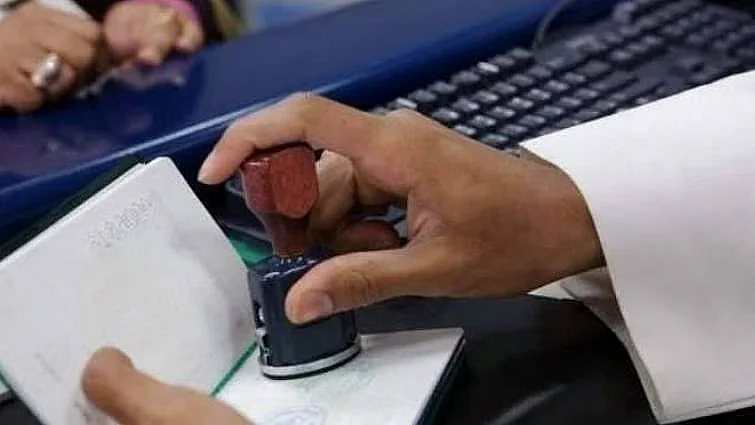
UAE Students Worried How Social Media Presence Could Affect US College Applications
Some UAE-based students planning to study in the United States are reassessing their social media presence after a recent policy update. As the US Embassy in the UAE announced recently, all applicants for F, M, and J nonimmigrant visas will be instructed to adjust the privacy settings on all of their social media profiles to 'public'.
These visa categories typically cover academic students, vocational students, and exchange visitors. The move is part of the United States' broader visa vetting policy and comes as the US government resumes student visa appointments with stricter review procedures.
Recommended For You UAE students worried how social media presence could affect US college applications"I wasn't expecting this to be part of the application," said Noor Yassin, a high school graduate in Abu Dhabi who plans to attend university in New York this fall. "Now I'm going through all my profiles to make sure there's nothing that could be misunderstood."
Stay up to date with the latest news. Follow KT on WhatsApp Channels.
“It's where I just post freely without overthinking. It's not something I've curated like a LinkedIn profile," she added. "Now I'm wondering if something harmless could be taken the wrong way.”
Rami, a 19-year-old resident of Dubai who is applying to a university in California, said he was surprised by the rule, even though he doesn't believe his posts are an issue. "My Instagram has always been private. I don't post anything political or sensitive, but it still feels uncomfortable knowing someone might scroll through everything,” he said.
After reading discussions online, he added that many are advising applicants not to hide or withhold any accounts, as failing to disclose an existing profile could raise red flags during the application process.“I was thinking of making a separate account, but now I'm not sure if that would help or backfire," he said.
Why the change?
This requirement follows earlier decisions by US authorities to expand digital vetting tools, particularly during the Trump administration. At the time, US officials said the goal was to identify any applicant who may pose security risks or have expressed views seen as hostile to the United States.
Under the updated guidance, students must list the usernames of their social media platforms as part of their visa application. Consular officers may review publicly available content before making a final decision on the visa.
The rule is not specific to UAE residents and is part of a global approach to visa screening.
Students adjusting
Despite the added step, some said the policy would not stop them from applying to US universities. Many still see the US as offering top academic programmes, strong career opportunities, and a diverse student experience. However, the new social media requirement has led some to revisit their backup options.
Some students said they are exploring alternative destinations such as Canada, Australia, or the Netherlands, where visa processes are perceived as more straightforward and less invasive.
“The US is still my top choice, but I'm also applying to universities in Europe, just in case things become more complicated,” said Mariam Al Shabi, a student in Sharjah.“I just don't want to spend months preparing for something and then get rejected over something minor."

Legal Disclaimer:
MENAFN provides the
information “as is” without warranty of any kind. We do not accept
any responsibility or liability for the accuracy, content, images,
videos, licenses, completeness, legality, or reliability of the information
contained in this article. If you have any complaints or copyright
issues related to this article, kindly contact the provider above.

















Comments
No comment